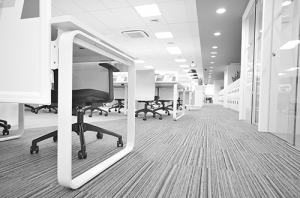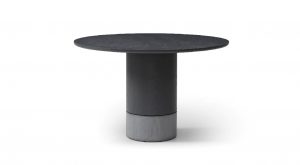Featured Post
The Ultimate Guide to Ergonomic Office Furniture for Your Home Office
Creating a comfortable and efficient home office is crucial for productivity. This guide will help you understand the importance of ergonomic office furniture and how to choose the right pieces for your needs.
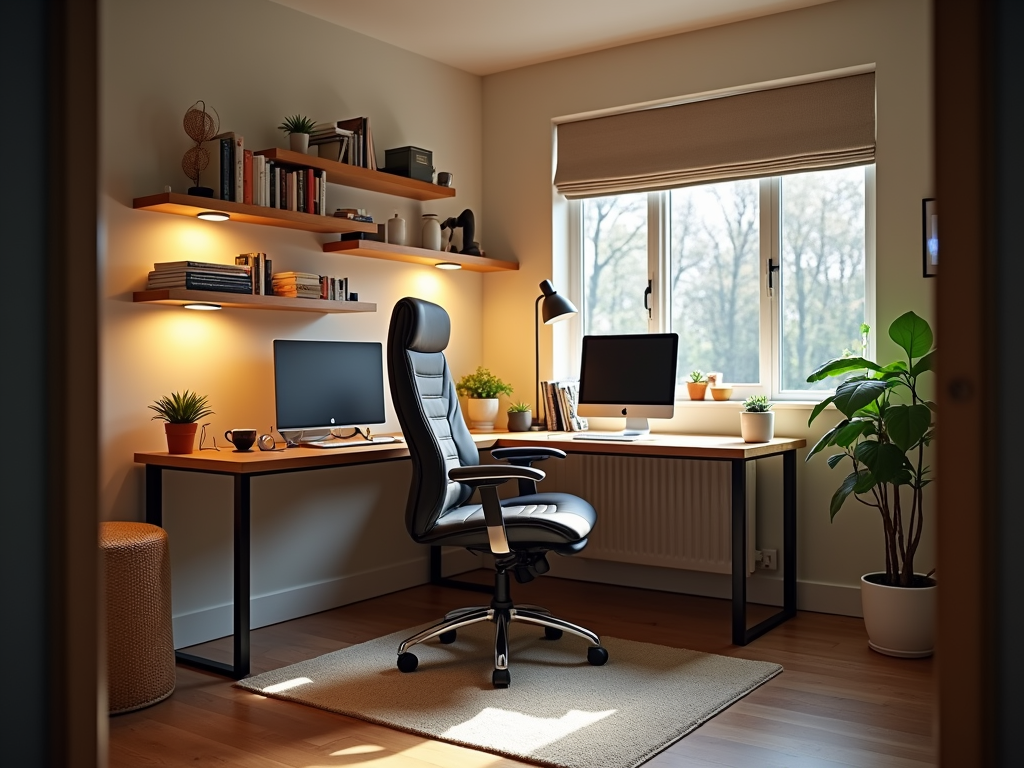
When I first started working from home, I underestimated the impact of my workspace on my health and productivity. I spent hours hunched over a laptop on my couch, which led to back pain and fatigue. It wasn't until I invested in ergonomic office furniture that I realized how much of a difference it could make. In this guide, I'll share my journey and the lessons I learned about creating a workspace that supports both comfort and efficiency.
Why Ergonomic Office Furniture Matters
Ergonomic furniture is designed to support the natural alignment of your body, reducing strain and preventing injuries. Whether you're working long hours or just need a comfortable space for occasional tasks, the right furniture can make all the difference. Here's why it's worth the investment: - Prevents Pain and Discomfort: Poor posture can lead to back, neck, and shoulder pain. Ergonomic chairs and desks help maintain proper alignment. - Boosts Productivity: When you're comfortable, you can focus better and work more efficiently. - Promotes Long-Term Health: Investing in ergonomics now can prevent chronic issues down the road.
Choosing the Right Ergonomic Chair
The chair is the cornerstone of any ergonomic setup. Look for these adjustable features: - Lumbar Support: Supports the natural curve of your lower back. - Seat Height: Allows your feet to rest flat on the floor with your knees at a 90-degree angle. - Armrests: Should be adjustable to support your arms without causing shoulder strain. - Recline Function: Helps you change positions throughout the day to reduce stiffness.
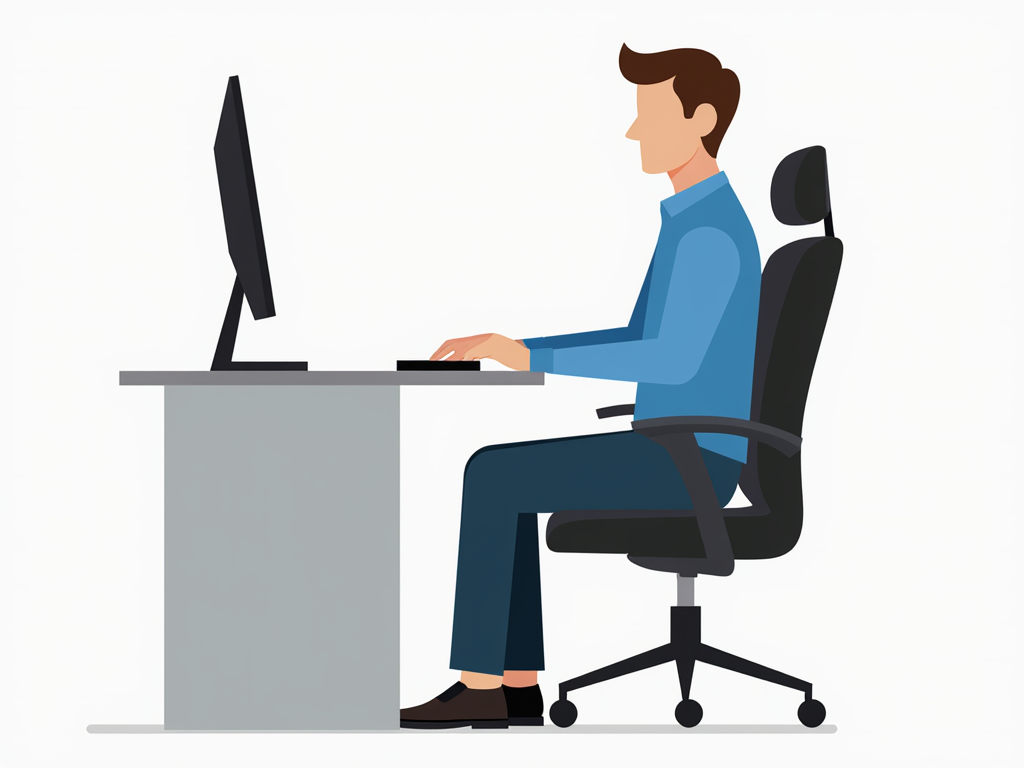
When I switched to an ergonomic chair, I noticed an immediate improvement in my posture and comfort. My back pain decreased, and I could work for longer periods without feeling fatigued. If you're unsure where to start, consider visiting a store to test different models or reading reviews from trusted sources like Wirecutter.
Ergonomic Desks: Standing, Sitting, or Both?
Desks are another critical component. While traditional desks work fine, adjustable standing desks have become increasingly popular. Here's what to consider: - Height Adjustability: Allows you to switch between sitting and standing, reducing the risks associated with prolonged sitting. - Surface Area: Ensure there's enough space for your computer, documents, and other essentials. - Stability: A wobbly desk can be distracting and unsafe.
I opted for a standing desk with a motorized lift, and it's been a game-changer. I can easily switch between sitting and standing, which helps me stay energized throughout the day. If you're on a budget, there are also affordable desk converters that can turn any surface into a standing desk.
Essential Ergonomic Accessories
Beyond the chair and desk, several accessories can enhance your workspace: - Monitor Stand: Elevates your screen to eye level, reducing neck strain. - Keyboard Tray: Positions your keyboard at the optimal height for wrist comfort. - Footrest: Provides support if your feet don't reach the floor comfortably. - Lighting: Good lighting reduces eye strain. Consider a desk lamp with adjustable brightness.
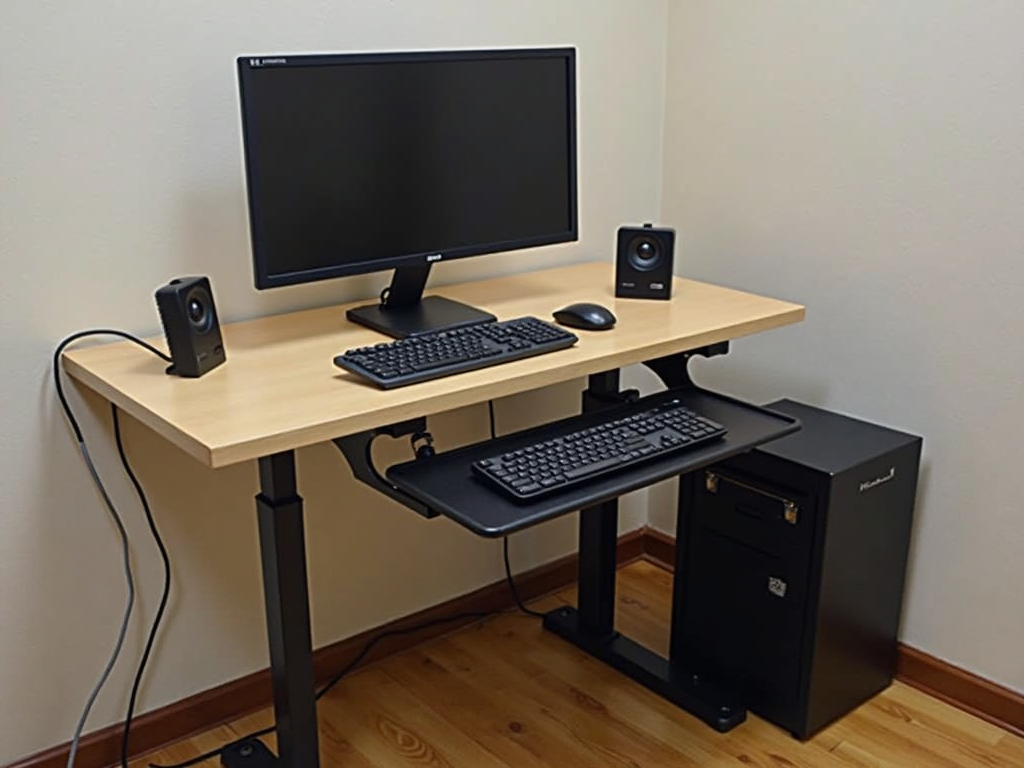
These accessories might seem minor, but they can significantly improve your comfort. For example, I used to experience wrist pain from typing, but a keyboard tray helped align my wrists properly, and the pain disappeared.
Setting Up Your Home Office for Optimal Ergonomics
Even with the best furniture, proper setup is key. Here are some tips: 1. Desk Height: Your elbows should be at a 90-degree angle when typing. 2. Monitor Placement: The top of the screen should be at or slightly below eye level. 3. Chair Position: Sit back in your chair with your feet flat on the floor. 4. Lighting: Position your desk to avoid glare on your screen. Natural light is ideal, but supplement with a desk lamp if needed.
I also recommend taking regular breaks to stretch and move around. No matter how ergonomic your setup is, sitting for too long can still cause issues. Set a timer to remind yourself to stand up and stretch every hour.
The Role of Beds and Bedroom Furniture in Your Well-Being
While this guide focuses on office furniture, it's worth mentioning that your bedroom setup can also impact your productivity and health. A good mattress and supportive pillows can ensure you get quality sleep, which is essential for focus and energy during the day. Additionally, keeping your bedroom clutter-free can create a calming environment that helps you unwind after work.
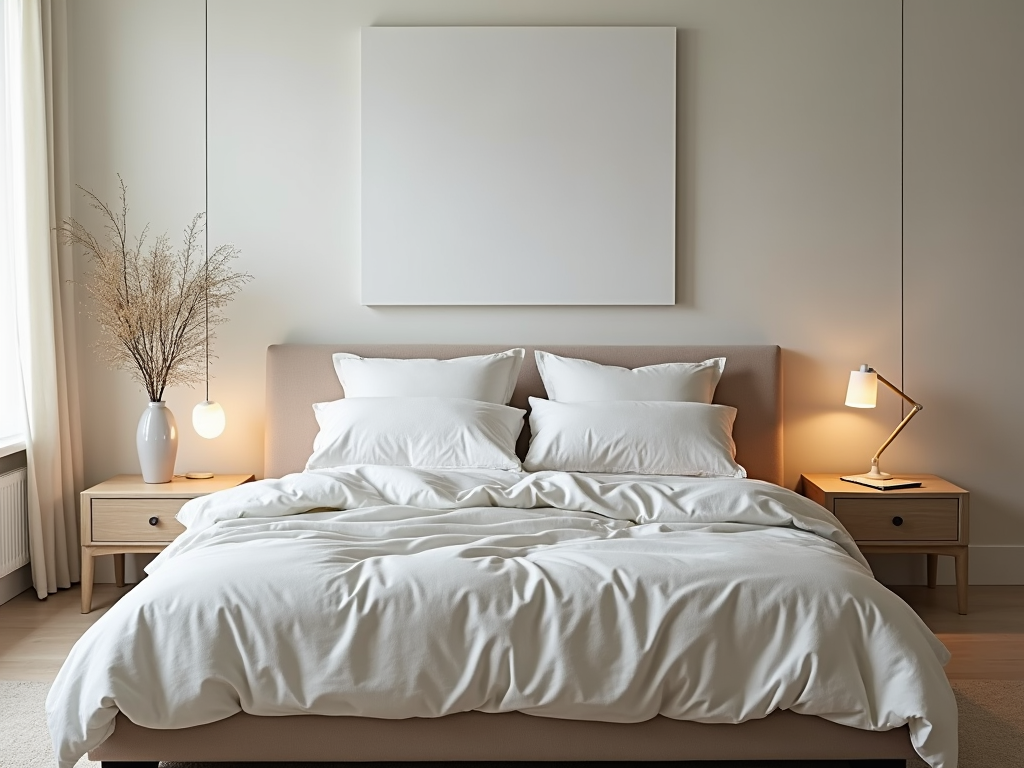
I learned this the hard way after several sleepless nights affected my work performance. Investing in a quality mattress and creating a restful bedroom environment made a noticeable difference in my overall well-being.
Comparing Popular Ergonomic Chairs
To help you choose the right chair, here's a comparison of three popular models:
| Chair Model | Adjustable Features | Price Range | Best For |
|---|---|---|---|
| Herman Miller Aeron | Lumbar support, armrests, seat depth | $$$ | Long hours of sitting |
| Steelcase Leap | LiveBack technology, adjustable arms | $$ | Customizable comfort |
| IKEA Markus | Basic lumbar support, adjustable height | $ | Budget-friendly option |
Each of these chairs has its strengths, so consider your budget and specific needs when making a decision.
Summary
Investing in ergonomic office furniture is one of the best decisions you can make for your home office. From reducing pain and discomfort to boosting productivity, the benefits are clear. Remember to choose pieces with adjustable features, set up your workspace properly, and don't forget the importance of a good night's sleep. With the right setup, you'll be well on your way to a healthier, more productive work-from-home experience.





